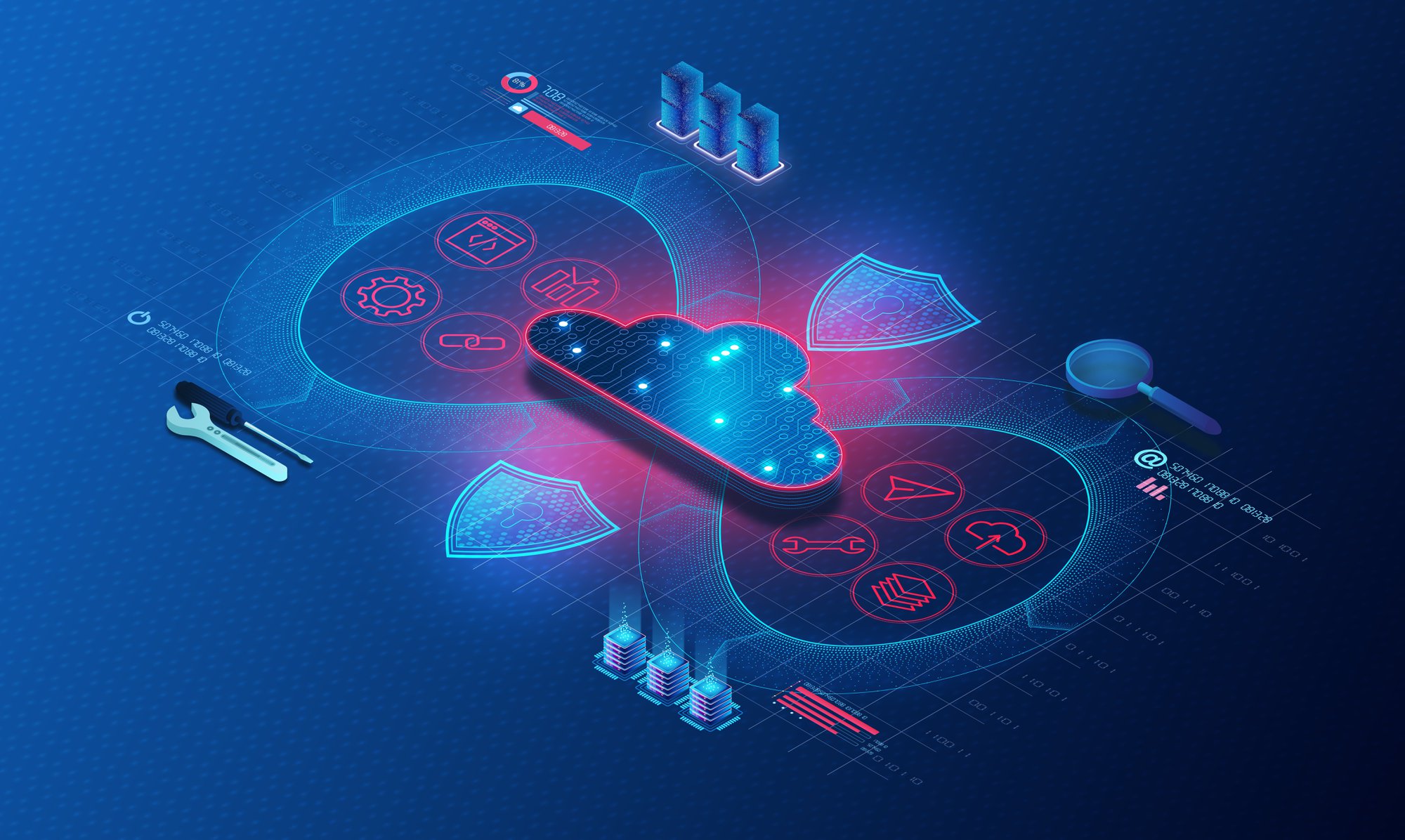
The State of Cloud-driven Transformation
The world is increasingly moving towards the cloud, and cloud computing has emerged as a pivotal force driving business transformation across industries. This paradigm shift reshapes how organizations operate, innovate, and deliver customer value. This blog explores the current state of cloud-driven transformation and its implications for business worldwide.
The Acceleration of Cloud Adoption
The global pandemic has catalyzed cloud adoption, pushing many organizations to accelerate their digital transformation initiatives. According to Gartner, worldwide end-user spending on public cloud services is forecast to grow 20.7% to over $675 billion in 2024, up from $591 billion in 2023 and $490 billion in 2022. This surge in cloud spending reflects the growing recognition of cloud technology’s potential to drive agility, scalability, and innovation.
Key Trends Shaping Cloud Transformation
Here are some key trends that are influencing the increased spending toward the adoption of cloud-based technologies:
- Multi-cloud & Hybrid Strategies: Organizations increasingly adopt multi-cloud and hybrid cloud approaches to optimize performance, reduce vendor lock-in, and maintain flexibility. This trend allows businesses to leverage the strengths of different cloud providers and integrate on-premises infrastructure with cloud resources.
- Increased AI and Machine Learning Investments: Cloud platforms are becoming the preferred environment for deploying AI and machine learning workloads. The scalability and processing power of cloud infrastructure enables organizations to harness the full potential of these technologies, driving innovations in areas such as predictive analytics, natural language processing, and computer vision.
- Edge Computing: The rise of edge computing complements cloud services by processing data closer to its source. This approach reduces latency and enhances real-time decision-making capabilities, which is particularly crucial for IoT applications and industries requiring instant data processing.
- Serverless Compute: Serverless architectures are gaining traction, allowing developers to focus on writing code without the need to manage the underlying infrastructure. This model promotes faster development cycles and more efficient resource utilization.
- Advanced Security Measures: As cloud adoption grows, so does the focus on cloud security. Advanced security features, including AI-driven threat detection, zero-trust architectures, and improved encryption methods, are becoming standard offerings from cloud providers.
The Cloud Impact on Business Operations
Cloud-driven transformation is having a profound impact on how businesses operate:
- Increased Agility: Cloud technologies enable organizations to rapidly scale resources up or down based on demand, allowing for more agile responses to market changes.
- Cost Optimization: By shifting from capital expenditure to operational expenditure models, businesses can optimize IT spending and redirect resources to innovation and growth initiatives.
- Enhanced Collaboration: Cloud-based tools and platforms facilitate seamless collaboration among geographically dispersed teams, supporting the trend toward remote and hybrid work models.
- Data-Driven Decision Making: The cloud’s ability to store and process vast amounts of data empowers organizations to derive actionable insights, leading to more informed decision-making processes.
Challenges and Considerations with Cloud Adoption
While the benefits of cloud-driven transformation are substantial, organizations face several challenges:
- Skills Gap: The rapid evolution of cloud technologies has created a significant skills gap in the workforce, making it challenging for organizations to find and retain talent with the necessary expertise. Enterprises must invest in training the existing workforce while actively hiring new talent with corresponding competencies.
- Data Governance and Compliance: With data scattered across multiple cloud environments, ensuring compliance with data protection regulations and maintaining effective data governance practices has become more complex.
- Integration Complexities: Integrating legacy systems with cloud-native applications and managing multi-cloud environments can be technologically challenging and resource-intensive. Migrating to the cloud while potentially retiring legacy systems requires specialized expertise to ensure the integrity of data is maintained as it is moved to cold archival storage tiers. Alternatively, enterprises could invest in a hybrid cloud platform that maintains a few critical infrastructures on-prem while partially migrating to the cloud.
Looking Ahead
The pace of cloud-driven transformation is set to accelerate further. Emerging technologies such as AI, multi-modal generative AI, quantum computing, and 5G networks are poised to unlock new possibilities in cloud computing, potentially revolutionizing industries from healthcare to finance.
Organizations that embrace cloud technologies and successfully navigate the challenges of digital transformation will be well-positioned to thrive in an increasingly competitive and dynamic business landscape. The key to success lies in developing a clear cloud strategy aligned with business objectives, investing in skill development, and fostering a culture of innovation and continuous learning.
The Solix Common Data Platform (CDP) from Solix Technologies is a cloud data management-as-a-service application for modern data-driven enterprises. Built on open-source technologies, Solix CDP can be deployed across cloud, hybrid, and on-premises systems, depending on the enterprise’s requirements. Solix CDP helps companies manage and process structured, semi-structured, and unstructured data for advanced analytics, compliance, infrastructure optimization, data security, machine learning, and AI.
Visit our website to learn more about how Solix CDP can boost your cloud strategy
About the Author
Hello there! I am Haricharaun Jayakumar, a senior executive in product marketing at Solix Technologies. My primary focus is on data and analytics, data management architectures, enterprise artificial intelligence, and archiving. I have earned my MBA from ICFAI Business School, Hyderabad. I drive market research, lead-gen projects, and product marketing initiatives for Solix Enterprise Data Lake and Enterprise AI. Apart from all things data and business, I do occasionally enjoy listening to and playing music. Thanks!
Hello there! I am Haricharaun Jayakumar, a senior executive in product marketing at Solix Technologies. My primary focus is on data and analytics, data management architectures, enterprise artificial intelligence, and archiving. I have earned my MBA from ICFAI Business School, Hyderabad. I drive market research, lead-gen projects, and product marketing initiatives for Solix Enterprise Data Lake and Enterprise AI. Apart from all things data and business, I do occasionally enjoy listening to and playing music. Thanks!



